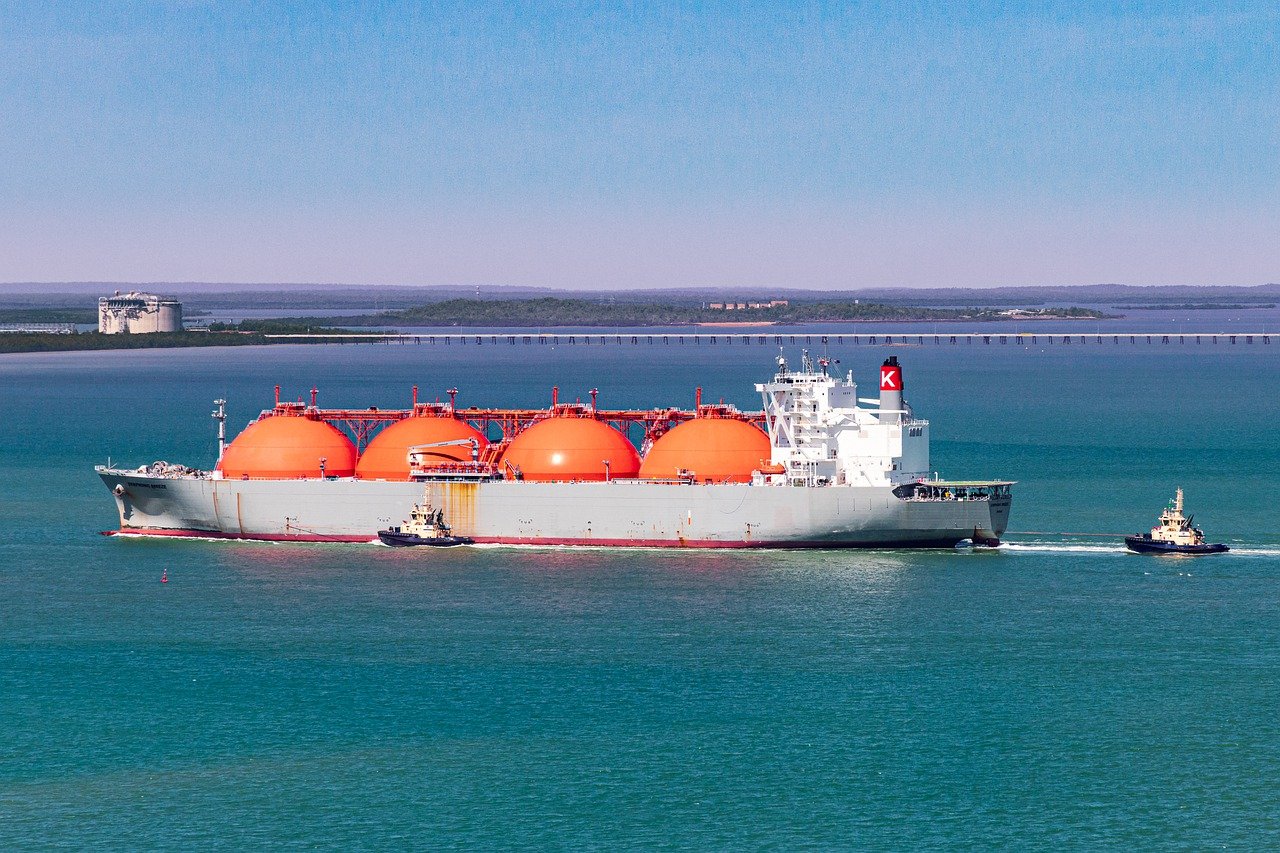LPG as Marine Fuel
• LPG stands for “Liquefied Petroleum Gas” and the term is used to describe two Natural Gas Liquids: propane and butane, or a mix of the two.
• LPG is an efficient, portable, clean, versatile and accessible energy source, commonly used for cooking and heating applications.
• LPG can contain close to zero sulfur and meets the requirements for Sulfur Emission Control Areas, while CO2 and particulate matter emissions are lowered significantly at the same time.
• The cost of LPG operations is lesser than LNG due to less complicated storage and transporting requirements.
• LPG is an efficient, portable, clean, versatile and accessible energy source, commonly used for cooking and heating applications.
• LPG can contain close to zero sulfur and meets the requirements for Sulfur Emission Control Areas, while CO2 and particulate matter emissions are lowered significantly at the same time.
• The cost of LPG operations is lesser than LNG due to less complicated storage and transporting requirements.
At normal temperature and pressure, LPG is gaseous. It changes to a liquid when subjected to modest pressure or cooling (min -42C). It is extracted from natural gas by absorption and, unlike diesel, can be stored almost infinitely without any degradation.
BioLPG, or Renewable LPG, is created from renewable and waste materials. The feedstocks undergo a series of sophisticated treatments to purify their energy content.
LPG can be transported by three different ship types, depending on how the cargo is stored:
refrigerated, typically at -50OC at close to ambient pressure.
semi-refrigerated, typically at -10OC and 4-8 bar pressure.
A large network of LPG import and export terminals is available around the world to address trade needs.
refrigerated, typically at -50OC at close to ambient pressure.
semi-refrigerated, typically at -10OC and 4-8 bar pressure.
under pressure, typically at 17 bars.
A large network of LPG import and export terminals is available around the world to address trade needs.
LPG combustion engines are commercially available and existing engines can be modified to burn LPG as well.
It can also contribute to a 15% reduction in the EEDI (Energy Efficiency Design Index) of new buildings. Engine
technology is commercially available for 2-stroke engines, while 4-stroke engines have been used for power generation on land and can be marinised.
LPG is also easier to handle than LNG, as cryogenic materials are not required for the fuel tanks. This also results in lower investment costs for such a system as for LPG there is already considerable existing infrastructure available around the world that can be used.
The cost of LPG is generally cheaper than Marine Gas Oil (MGO).
Larger tanks are required than conventional fuels as volumetric energy density of LPG is lower.
